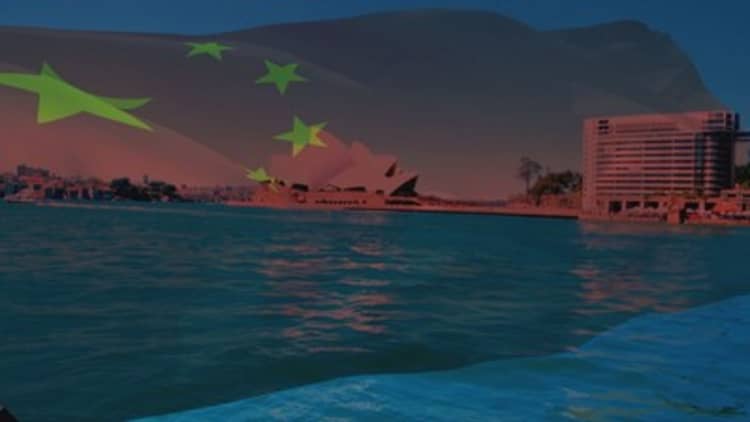Australia remains open to Chinese investments regardless of whether Canberra blocks an acquisition of a major energy company by a Hong Kong-led consortium, Australian Treasurer Josh Frydenberg told CNBC on Friday.
Earlier this year, a consortium led by Hong Kong property developer CK Infrastructure — owned by billionaire Li Ka-shing — offered a $9.4 billion takeover bid for APA Group, Australia's leading energy infrastructure business.
The deal would be "contrary to the national interest," Frydenberg said in a statement released Wednesday. Speaking to CNBC on Friday, Frydenberg said his preliminary view was "not about a particular company or country."
The judgement call was based on "what the implications would be for Australia were we to see a concentration of foreign ownership by a sole company in such a key set of assets as is the gas transmission sector," Frydenberg stated.
"APA is a unique company, with more than 50 percent of the gas transmission business in Australia, more than 15,000 pipelines supplying gas and electricity into key markets," he added.
The company holds approximately $20 billion of energy assets and delivers half the nation's natural gas usage, according to the company.

Frydenberg — who became Treasurer in August after new Prime Minister Scott Morrison took leadership — said his team would make a final call on the deal "in the next couple of weeks," adding that his country still welcomed Chinese capital.
Speaking on the impact of U.S.-China trade tensions, the minister said the tariff spat had affected around two percent of world trade so far: "We would ask that cooler heads prevail here."

